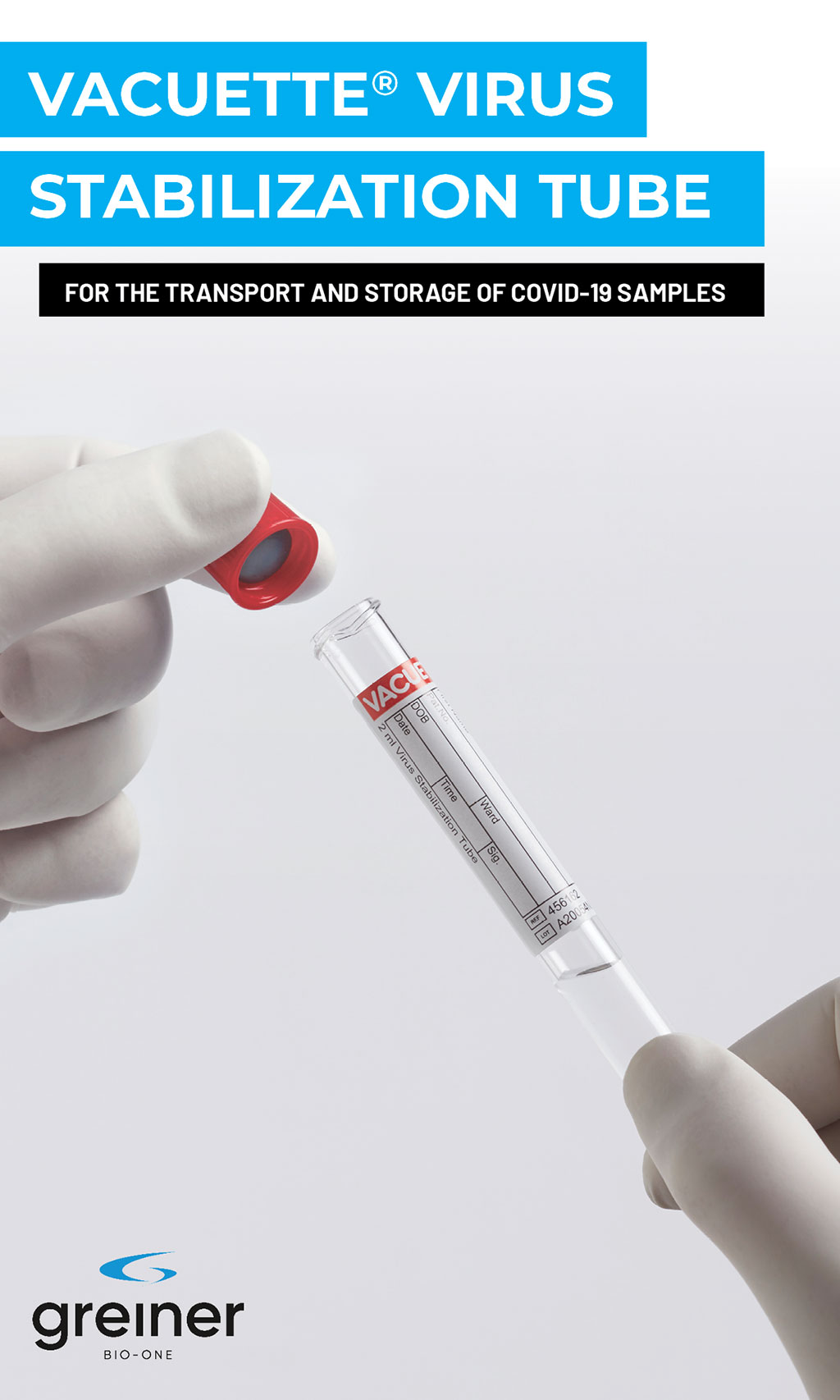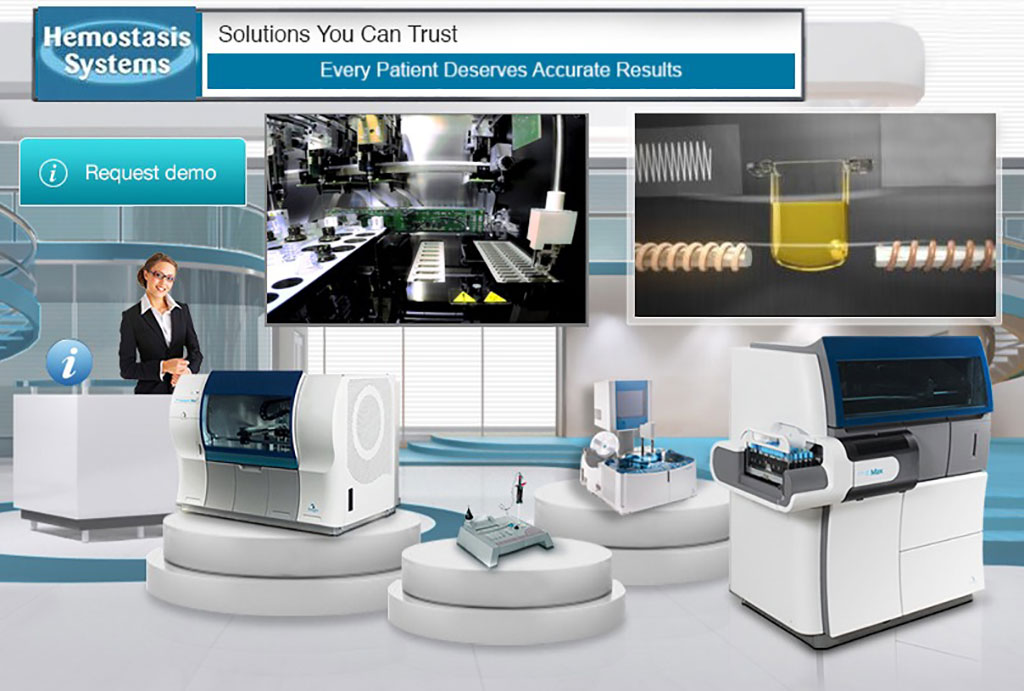Tell Me About It
By CLN Stat
Posted on 14 Dec 2020
Special session talk show highlights novel machine learning algorithm that incorporates serial hs-cTn measurements, other inputs to estimate emergency patients’ risk of myocardial infarction.Posted on 14 Dec 2020
A talk show at the 2020 AACC Annual Scientific Meeting & Clinical Lab Expo highlights the experiences of two scientists who applied a machine learning algorithm to predict patients’ likelihood of myocardial infarction (MI). Fred Apple, PhD, DABCC, and Yader Sandoval, MD, FACC, FSCAI, will discuss their findings during this special session at 3 p.m. (U.S. Central Standard Time) on December 13.

Illustration
This algorithm, designated as the myocardial-ischemia-injury-index (MI3), was developed by Abbott Diagnostics under the patent #US2017/0296085 A1, said Apple, medical director of clinical laboratories, clinical chemistry, clinical and forensic toxicology, and point-of-care testing at Hennepin Healthcare in Minneapolis. Investigators would use this in patients with suspected MI to reflect an individual’s likelihood of having a type 1 MI.
Use of data analytics in laboratory medicine is a key area of AACC’s strategic plan. The 2020 Annual Meeting Organizing Committee (AMOC) “felt it would be of interest to have an interactive talk show format presentation on how algorithms can help providers utilize laboratory testing results and improve patient outcomes,” explained AMOC Chair Paul Jannetto, PhD, DABCC, FAACC. Historically, a time gap has existed between AACC University sessions on Sunday and Annual Scientific Meeting opening plenary.
AMOC added this timely interactive session on machine learning and MI for this unique time slot, he added.
Apple, Sandoval—an interventional cardiologist and senior associate consultant at the Mayo Clinic in Rochester, Minnesota—and others have been studying the MI3 algorithm in suspected type 1 MI, type 2 MI, and nonischemic myocardial injury patients presenting at emergency departments. “It incorporates ‘age, sex, and serial high-sensitivity cardiac troponin (hs-cTn) concentrations’ using gradient boosting to compute a value between 0 and 100 to reflect an individual’s likelihood of MI or no MI,” said Apple.
This allows for an individualized and objective assessment to identify low- and high-risk patients to assist in early patient management, he continued.
At this point, interested labs would have to contact Abbott to request use of the algorithm, and only for research purposes, clarified Apple. As far as he and his colleagues are aware, the U.S. Food and Drug Administration has not cleared it for use in patients, nor has it received the Conformitè Europëenne mark. “Investigators are studying MI3 against established early hs-cTn monitoring to determine its independent benefit compared to current early rule-out/rule-in protocols used globally,” noted Apple.
Physicians, pathologists, PhD scientists, laboratory directors, technologists, and in vitro diagnostic industry scientists are encouraged to attend this session. Participants will “come away with an education regarding a new and exciting concept that may provide a new ‘personalized laboratory medicine’ tool to help manage patients with the goal of improving outcomes,” said Apple.
This special session takes place on December 13 from 3–4 p.m. U.S. Central Standard Time and is worth 1 ACCENT credit.
Related Links:
AACC’s Annual Meeting Talk Show Machine Learning and MI
2020 AACC Annual Scientific Meeting & Clinical Lab Expo














